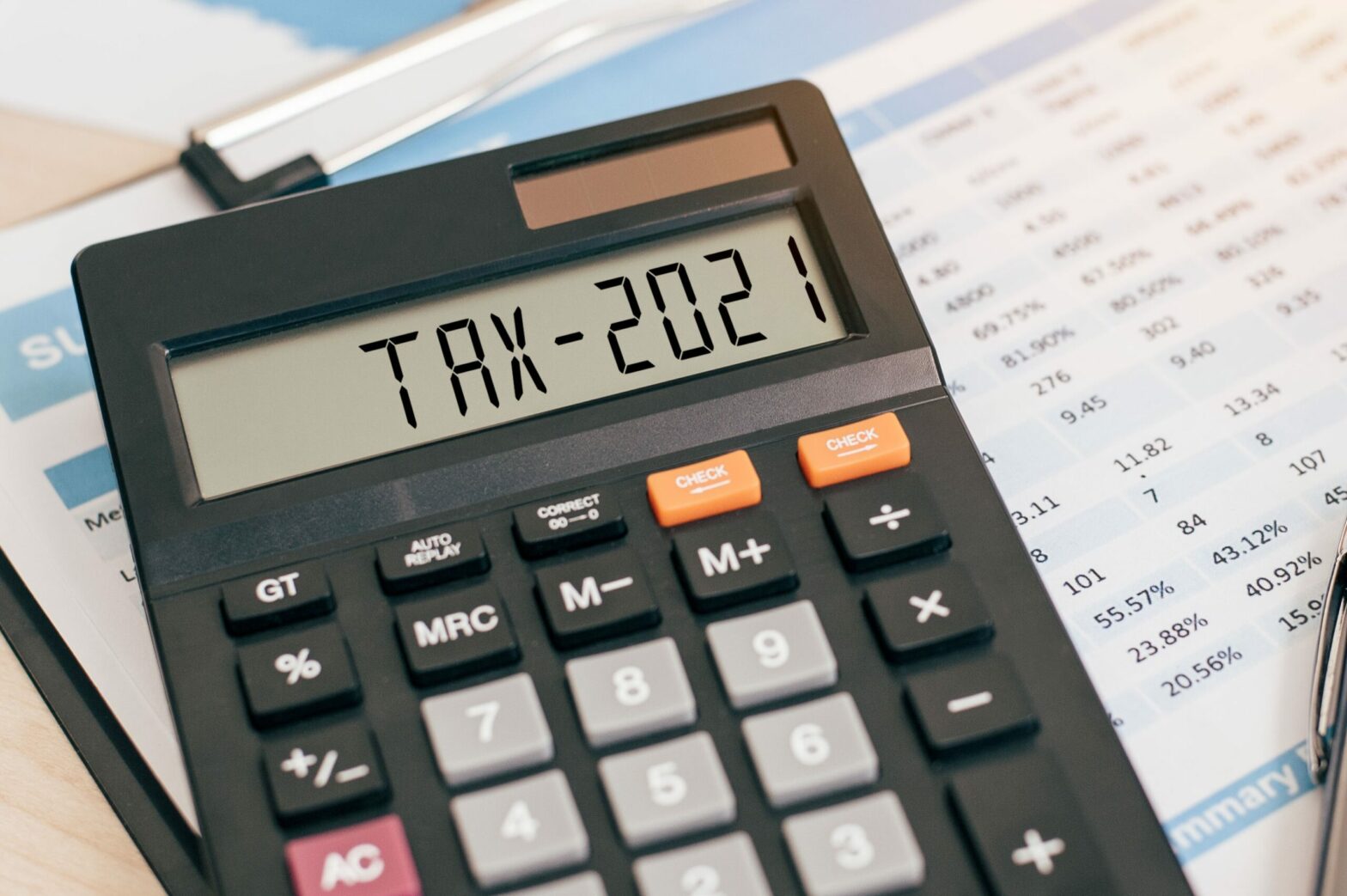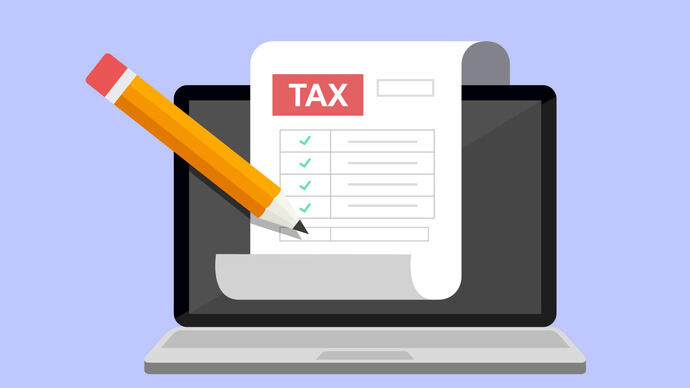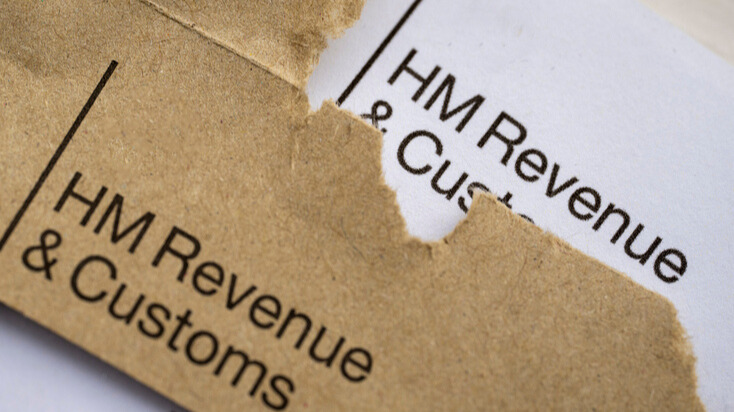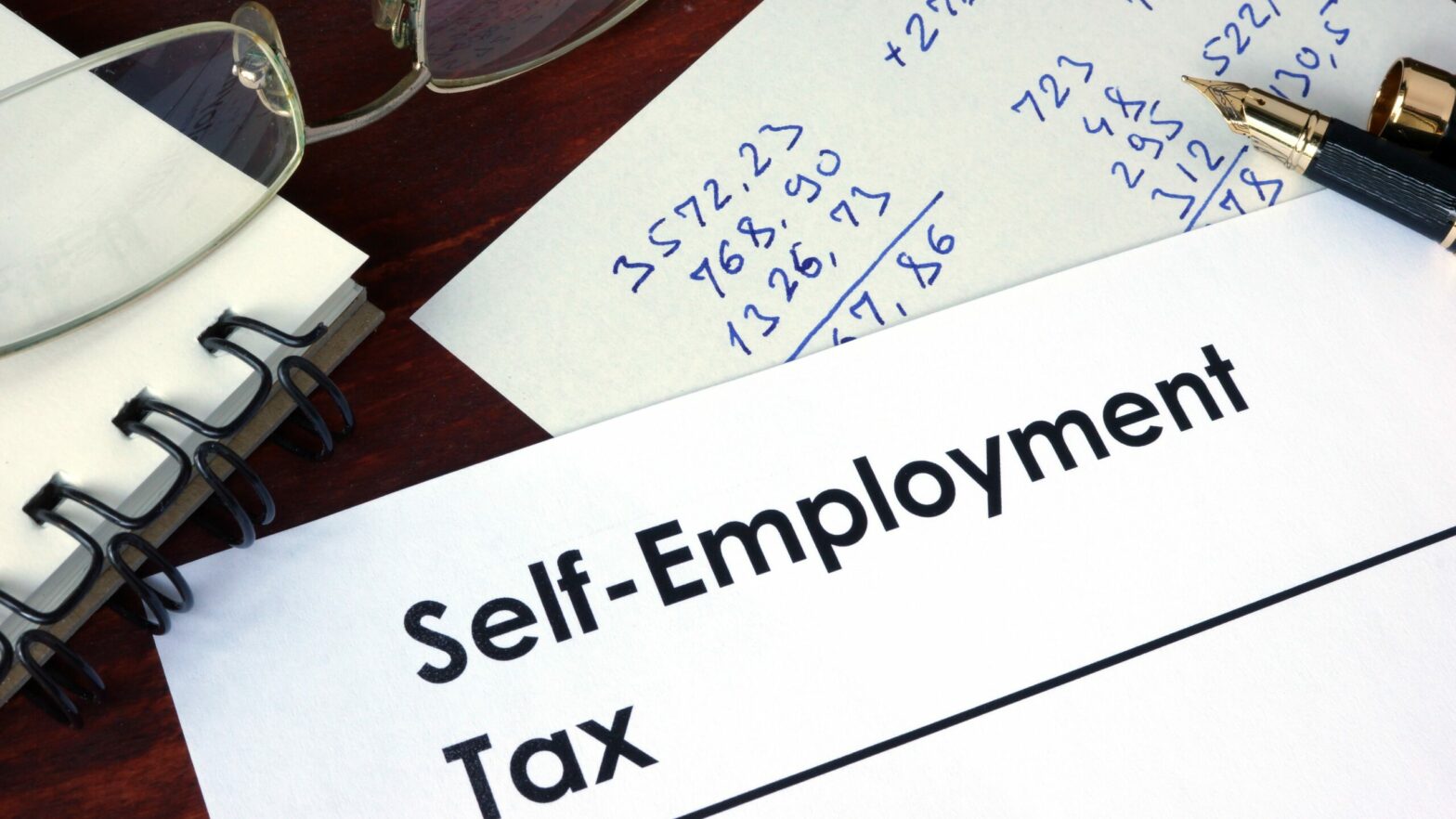As we head towards a new tax year, it always surprises me how many tax myths small business owners believe, when knowing the truth could actually put more money in your pocket.
Did you know for example that (depending on your circumstances) you could potentially extract over £25,000 tax free from your company (in fact better than tax free as the company can get corporation tax relief so the cost is less than £21,500).
This often means speaking with professionals (your accountant and/or IFA) but here are some quick small business tax myths and tips:
#1 – There is no difference between taking salary and a dividend
Some while ago I did a video that demonstrated increased cash in hand for the business owner of almost £6,000 on profits of £50,000 (based on 2019/20 tax rates). What would an extra £500 a month allow you to do?
#2 – I can just take money out the company when I want, and the accountant will sort my dividends out when I do my year end accounts
This could be illegal and open the company up to PAYE liabilities. Backdating dividends is illegal. It is vital that tax planning is done in the year, board meetings are held, minutes of that meeting are produced, and vouchers prepared. If not, HMRC can argue that the payments were salary.
Bonus tip – make sure your dividends are paid on different days from the payroll and have a different reference. If it’s still set up to say “payroll” then guess what HMRC is going to argue it is.
>See also: How to boss payroll year-end during Covid-19
#3 – My mate puts his car through the company and pays no tax
Your mate may well do that, but if HMRC opens an investigation into him he will be in trouble. Company cars are a form of salary and called a “benefit in kind” (as are things like health insurance, gym membership, etc). Although electric cars/hybrids may be more tax efficient (purely electric cars became more tax efficient from April 6 2020 due to a 0 per cent benefit in kind) in 99 per cent of cases I have looked at, for petrol / diesel cars, it is actually more tax efficient to pay yourself extra dividends rather than have a company car.
Bonus tip – you can provide a mobile phone to each employee without any benefit in kind, as long as the contract is in the company’s name (if you reimburse a mobile phone expense to an employee then there is a benefit in kind and is subject to employers national insurance contribution [NIC]).
#4 – There is no point in making a pension contribution
Wrong! Well, depending on your circumstances that is.
Each year you are entitled to pay £40,000 into your pension. If you have enough cash for your lifestyle but are getting hit with a large corporation tax bill and have excess cash, then a company pension contribution could be the answer. Not only do you save corporation tax, but you are starting to save for your future. What sort of lifestyle do you want in retirement and how are you going to fund this? (This is where a skilled IFA can help you.)
As an added attraction, reducing any excess cash could help reduce potential inheritance tax liabilities (see below).
Bonus tip – if you have not made contributions in the past then you can go back and utilise the last three years. So, for example, if you have not made any contributions in the last three years, the company could make an £80,000 payment during the year to the April 5 2021 to utilise your 2020/21 allowance, as well as for 2017/18.
If you do this for the next 2 years (2018/19, 2021/22 and 2019/20, 2022/23) then you can “mop up” all your available allowances (you could also just make £160,000 in one payment and catch up all at once, depending on your cash position). It is important that the cash is actually paid to get the corporation tax relief.
>See also: VAT on taxi fares, vehicles, fuel and staff travel – what can I claim?
#5 – I own my company so there will not be any inheritance tax on it
Possibly – shares in a private company can qualify for Business Property Relief but if you have more than 20 per cent of your assets held in cash or the trade does not qualify (some residential property lettings, for example) then inheritance tax may well be due.
#6 – I do not do any research and development
We hear this a lot. Often owners think that it is just part of running your day-to-day business, that may be so, but it may well be genuine R&D, especially if you are failing to solve the problem on the first attempt.
- Trying to improve the shelf life of your product by using different ingredients – R&D
- Trying to overcome an obstacle/improving an engineering process – this may qualify for R&D
R&D is not restricted to men in white coats, it’s something that lots of businesses do each day, without even realising it.
#7 – The maximum tax rate is 45% once I earn over £150,000 so planning will not make much difference to me
Actually there are way more tax bands than you thought when you take national insurance, Scottish rates of tax (salary is captured by this but dividends operate under Westminster’s tax bands), the high income child benefit charge (earnings over £50,000), or the loss of your personal allowance (earnings over £100,000).
If your salary were to increase from £50,000 to £60,000 then your net pay would only increase by £5,798.
However, if you have children you are now subject to the high-income child benefit tax charge. With three kids you would have additional taxes of £2,545, so your net pay increase would now be only £3,253 on a £10,000 pay rise (an effective tax rate of over 67 per cent). If you earn between £100,000 and £125,000 the effective tax rate can be over 60 per cent.
As noted above, personal pension contributions might help you to avoid these nasty bands as well as planning in advance.
If you are to take one thing away from this article it is: do the planning in advance during the tax year and speak with your accountant regularly.
If you are going to be buying a £100,000 piece of plant/machinery and you have a year-end of March 31 then buying it now, compared to April 1, will help to reduce your corporation tax in December 2021 by £19,000 (rather than December 2022 if you buy it on April 1).
While this is a cashflow saving, ask yourself what you could do with an extra £19,000 in your bank for 12 months.
Remember, do not let the tail wag the dog. Do what’s right for the business rather than focus on the tax savings. Sure, you could put £100,000 into a pension but if it puts the company under cash flow pressure then why do it to save 19p on the pound?
Final bonus tip – By planning in advance you can be clear on what your liabilities are and set cash accordingly.
Stuart Clark is managing director of Glasgow-based Russell & Russell, which serves owner-managed businesses throughout the west of Scotland
Further reading
Super-deduction tax break – what is it and how does it work?





